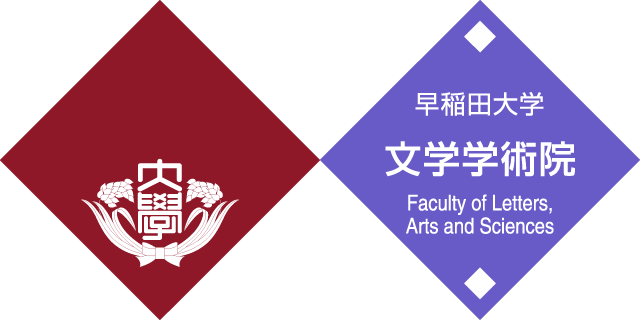- 学生報告書
- Deng Yi EALAC, Columbia University
Deng Yi EALAC, Columbia University

- Posted
- Mon, 01 Sep 2025
I write at the conclusion of my time as a dual degree Master’s student in the Waseda-Columbia Double Degree Program (DDP), where I was affiliated at the Literature Department of the Graduate School of Letters, Arts and Sciences at Waseda University’s Toyama Campus, under the supervision of Professor Ikezawa Ichirō.
My goal in applying for the program was to develop my literacy and to spend time working with an Edo literature specialist before I began writing my Ph.D. dissertation in earnest. My project focuses on Edo bestsellers that deal with rewriting the history of defeated, forgotten, or discarded figures into entertaining fiction, as Santō Kyōden did with the children of rebel Taira no Masakado in Utō yasukata chūgiden (Faithful Birds of Sorrow, 1806), or Kyokutei Bakin did with defeated warrior Minamoto no Tametomo in Chinsetsu yumiharizuki (Strange Tales of the Drawn-Bow Moon: The Legend of Tametomo, 1807-1811). But, I had lingering questions about Meiji-period theater, political novels, and kōdan performance, topics which I still found difficult despite rigorous training in the U.S. Prof. Ikezawa’s research extends beyond the Meiji revolution, and in the course of his own work he coincidentally came across a Meiji novel, Nishimura Tenshū’s Kuzuya no kago (The Junk Man’s Basket, 1887-1888), that rehashed a Bakin bestseller. My resulting M.A. thesis analyses the traditional aesthetics of discarded objects and how Tenshū used oral storytelling motifs to recycle these into modern critique.
On a weekly basis, I met with Prof. Ikezawa for the graduate students’ seminar and my own directed reading course. I also attended courses in subjects like comparative literature, Edo primary sources, early Edo yomihon, and Sino-Japanese linked verse at his suggestion. Prof. Ikezawa is a generous and thoughtful mentor who actively recruits colleagues from other universities to teach guest courses, who brings his students to exhibitions and conferences, who made sure to show me right away how to navigate the Jimbocho book markets, and who runs a number of research circles. In the latter I have had opportunities to sort through letters for cataloguing and to write analyses of waka and kanshi poetry for collaborative publication. The materials that he and his students work with (including handwritten letters, calligraphic folios, comic verse, and cursive/unannotated kanbun) are some of the most difficult in the literary field, and this year was training that I desperately needed in order to delve into materials beyond those that have already been transcribed and annotated by other scholars, or, in other words, to do original research.
The year has passed in the blink of an eye, but I am fortunate to have the opportunity to remain for a second year as a visiting research fellow. I have been so grateful for the support of all the faculty, students, and staff at Waseda, and I look forward to working with everyone in the upcoming year.
